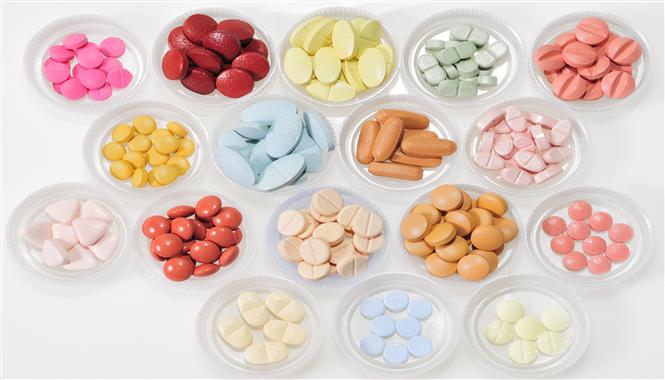
The FDA took steps to facilitate development of biosimilars in June by withdrawing guidance issued in September 2017, titled ‘Statistical Approaches to Evaluate Analytic Similarity.’ The agency also indicated plans to issue new guidance intended to support more realistic approaches to addressing challenges in demonstrating sufficient similarity between innovator and biosimilar drugs. At the time of withdrawal of the problematic guidance, GlobalData viewed this as a significant step in lowering the barrier to development of biosimilars, and believed that providing more useful guidance would increase developers’ likelihood of success for entrance into this lucrative market.
On July 18, during presentation of the agency’s new ‘Biosimilars Action Plan,’ FDA Commissioner Scott Gottlieb issued a rather strong statement accusing drug developers of using less-than-acceptable tactics designed to keep competitors from gaining traction in the market. The major tactics he mentioned, including patent challenges and rebate agreements, are outside the purview of the FDA, and discussion of these in the context of the FDA’s plan to increase support to biosimilars developers does not seem entirely productive. In addition, these types of competitive tactics apply not only in the case of biosimilars, but to innovator drugs as well, and are larger issues that should certainly be addressed, but not in this particular context.

Discover B2B Marketing That Performs
Combine business intelligence and editorial excellence to reach engaged professionals across 36 leading media platforms.
Entry of New Biosimilars to be Watched Closely by Stakeholders
There is no reason to dilute the potential impact of the new biosimilars action plan by drawing attention to issues that are not intrinsic to the development of biosimilar drugs themselves, but those that relate more to commercial factors.
However, entry of biosimilars into the U.S. market is not only hindered by the difficulties in demonstrating sufficient similarity to the innovator version due to the more complex nature of biologics, but also by factors such as legal issues, delaying launch of these drugs upon approval. Despite the approval of 11 biosimilars by the FDA, several of these drugs have not yet been launched, and it is estimated that in 2017 cost savings to the health care industry of close to $5B has been lost due to these delays.
The impact of the new FDA guidance and action plan in facilitating entry of further biosimilars to the U.S. market will be watched closely by various stakeholders. The top three revenue-generating blockbuster biologics, AbbVie’s Humira, Roche’s Rituxan, and Pfizer/Amgen’s Enbrel, had global sales in 2017 of $18.4B, $9.2B, and $7.9B, respectively, which represented significant portions of the revenue stream for these companies.
Considering Competing Interests in the Biosimilar Landscape
Given that the patent exclusivity period has expired on each of these drugs as well as for other top revenue-generating biologic drugs across the industry, many companies will be on alert; however, competing interests should be considered when viewing the entire landscape. Insurers are keen to replace higher-priced biologics with biosimilar drugs, but if significant revenue is lost from current high-earning biologics, will this eventually lead to decreased innovation in the industry?

US Tariffs are shifting - will you react or anticipate?
Don’t let policy changes catch you off guard. Stay proactive with real-time data and expert analysis.
By GlobalDataInstead, will it be possible to achieve equilibrium between innovator biologics and biosimilars, where there is no appreciable negative impact to any stakeholder? With the impending entrance of more biosimilars into the U.S. market, real-world data will track the effectiveness of these drugs over time, as well as provide evidence whether or not the approach is sustainable, allowing various stakeholders to more accurately measure the effects of these drugs on all aspects of the industry.





